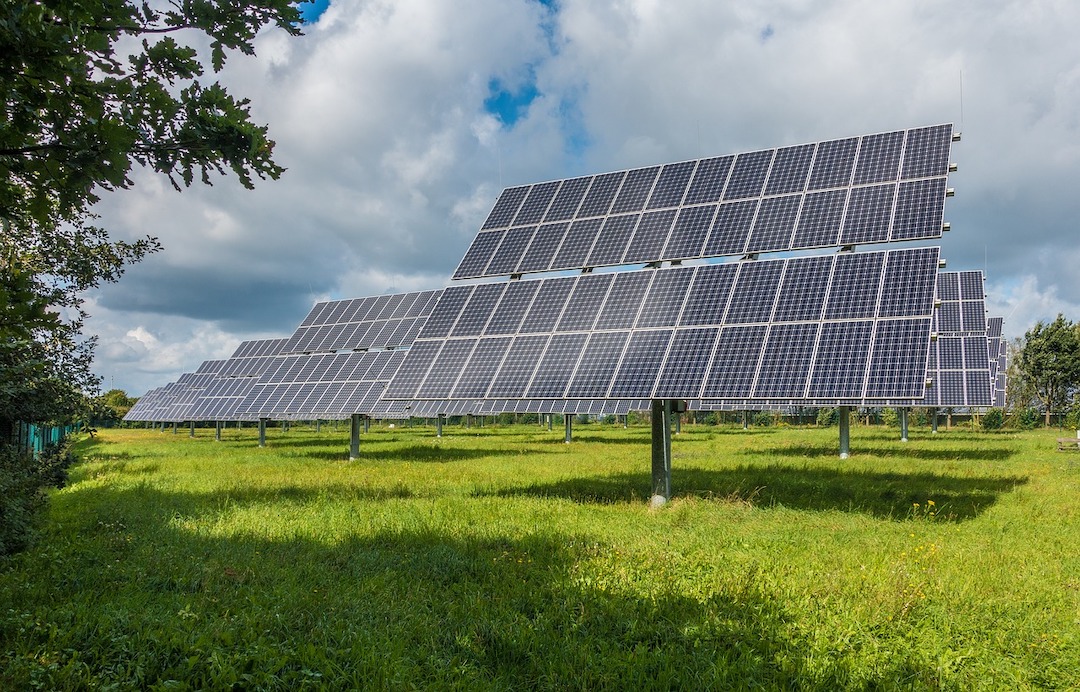In a first-of-its-kind initiative in the U.S., the city of Ithaca, N.Y., voted to electrify and decarbonize all buildings within the community—not just municipal buildings.
Ithaca, a community of about 30,000 people, contains about 6,000 homes and buildings. The decarbonization plan would involve regulations on things like how a building is heated and the types of appliances it uses to eliminate consumption of fossil fuels.
This legislation is part of the broader “Green New Deal” that the city approved in 2019. That measure calls for city government to meet all its electricity needs with renewable energy by 2025 and reduce its vehicle emissions by half. It also set an ambitious goal of being a carbon-neutral city by the end of the decade.
Building improvements could include swapping natural gas and propane cooking stoves with electric induction cooktops and installing solar panels. Cornell University is working on modeling to help inform what buildings to address first. The program is likely to unfold in two phases—the first covering 1,600 buildings, and then another 4,400 in a second wave.
Related Stories
| Apr 19, 2012
Michigan legislature tackling controversial rules on electricians
A fight is brewing in the Michigan legislature over how many fully qualified electricians must be present during electrical work when apprentices also are on hand.
| Apr 19, 2012
Washington city may base building code on rising sea level due to global warming
Aberdeen may become the first city in Washington to base a building code on rising oceans and global warming.
| Apr 19, 2012
CSI webinar on energy codes and building envelopes
This seminar will review recent changes in energy codes, examples of building enclosure wall assemblies for code compliance, potential moisture management and durability challenges, and design tools to assess and minimize potential problems.
| Apr 19, 2012
Innovative plan for storm water in Philadelphia gets EPA’s OK
Philadelphia's $2 billion plan to manage its storm water with green methods including porous pavement, green roofs, and more trees, was officially approved last week by the U.S. Environmental Protection Agency.
| Apr 19, 2012
LEED 2012 to include new credit category for transit-oriented development
The updated LEED 2012 system will introduce a new credit category, “Location and Transportation,” to encourage development oriented around public transit and more walkable communities.
| Apr 17, 2012
FMI report examines federal construction trends
Given the rapid transformations occurring in the federal construction sector, FMI examines the key forces accelerating these changes, as well as their effect on the industry.
| Apr 16, 2012
University of Michigan study seeks to create efficient building design
The result, the researchers say, could be technologies capable of cutting the carbon footprint created by the huge power demands buildings place on the nation’s electrical grid.
| Apr 13, 2012
Congress’s action doesn’t mean Pentagon can’t build LEED gold structures
Though Congress passed a defense budget preventing the Department of Defense from spending money to achieve LEED gold or platinum certification, the Pentagon may still end up constructing buildings to those standards.
| Apr 13, 2012
International Living Building Institute certifies first two Net Zero Energy buildings
A community building in Oregon and an office building in California are the first two projects to earn net-zero status under the International Living Building Institute’s Net Zero Energy Certification program.
















